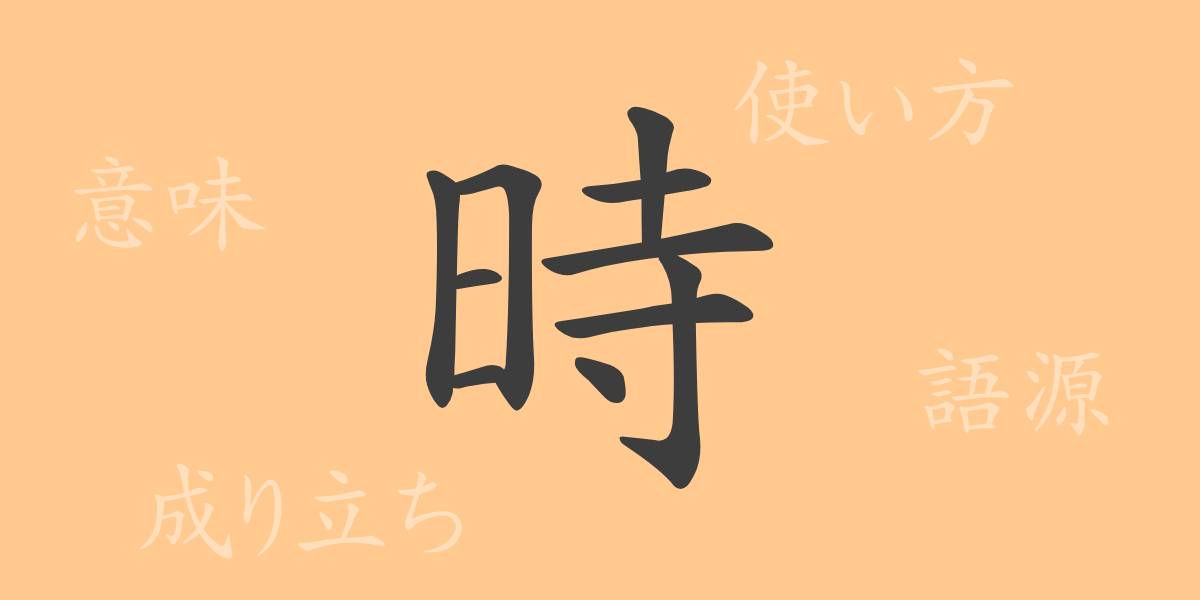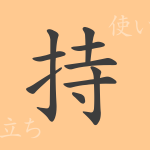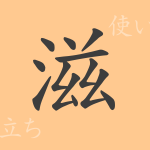Time flows continuously, deeply embedded in our lives. Each moment passes like a delicate thread, weaving the fabric of our days. In this article, we shine a spotlight on the common Japanese kanji “時(とき),” delving into its history, meaning, usage, and cultural impact. Let’s unravel the story of “時(とき),” a character etched into the hearts of people across eras.
Origins of 時 (Etymology)
The character “時(とき)” originated in ancient China, combining the symbol for “sun” (日) with the symbol for measuring distances (寸). It originally depicted the act of measuring time using a sundial, serving as an ideograph for the passage of time. As the concept of time became essential in people’s lives, “時(とき)” assumed a vital role in everyday language.
Meanings and Usage of 時
The kanji “時(とき)” is a fundamental word for denoting time and is used in various contexts. Specifically, it carries meanings such as “time,” “moment,” and “era.” In Japanese, it frequently appears in expressions like “時間(じかん)” (time), “時刻(じこく)” (time of day), and “時代(じだい)” (era). Additionally, “時(とき)” has figurative meanings, indicating an appropriate moment or season.
Readings, Stroke Count, and Radical of 時
Though “時(とき)” is basic knowledge in Japanese, its readings and structure are fascinating:
- Readings: The on’yomi (音読み) is “ジ,” and the kun’yomi (訓読み) is “とき.”
- Stroke count: “時(とき)” consists of 10 strokes.
- Radical: The radical is “日,” which signifies the sun or days.
Idioms, Phrases, and Proverbs Using 時
Numerous idioms, phrases, and proverbs featuring “時(とき)” enrich the Japanese language. These expressions are commonly used in daily conversation, literature, and business, reflecting the depth of the language.
For example, “時は金なり(ときはかねなり)” (Time is money) emphasizes the value of time. “一期一会(いちごいちえ)” underscores the importance of treasuring once-in-a-lifetime encounters. The idiom “時代遅れ(じだいおくれ)” refers to outdated styles or ideas. These expressions highlight the various nuances of “時(とき).”
Conclusion on 時
The kanji “時(とき)” transcends being a mere character, profoundly influencing our lives and culture. From its etymology to its contemporary meanings, usage, and the idioms and proverbs it colors, the significance of this single character is immense. Recognizing and valuing time is closely tied to traditional Japanese values, making an understanding of “時(とき)” indispensable for grasping the Japanese language.

























